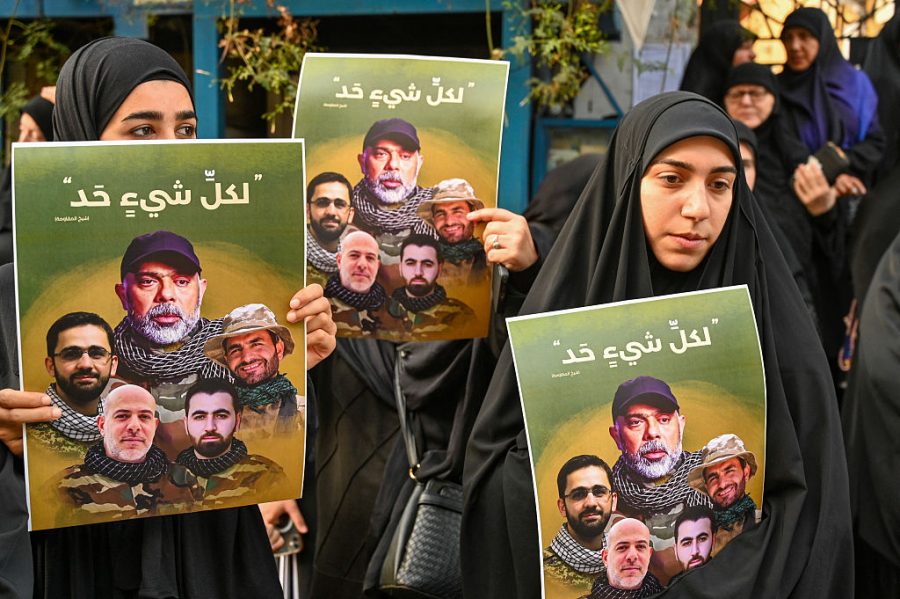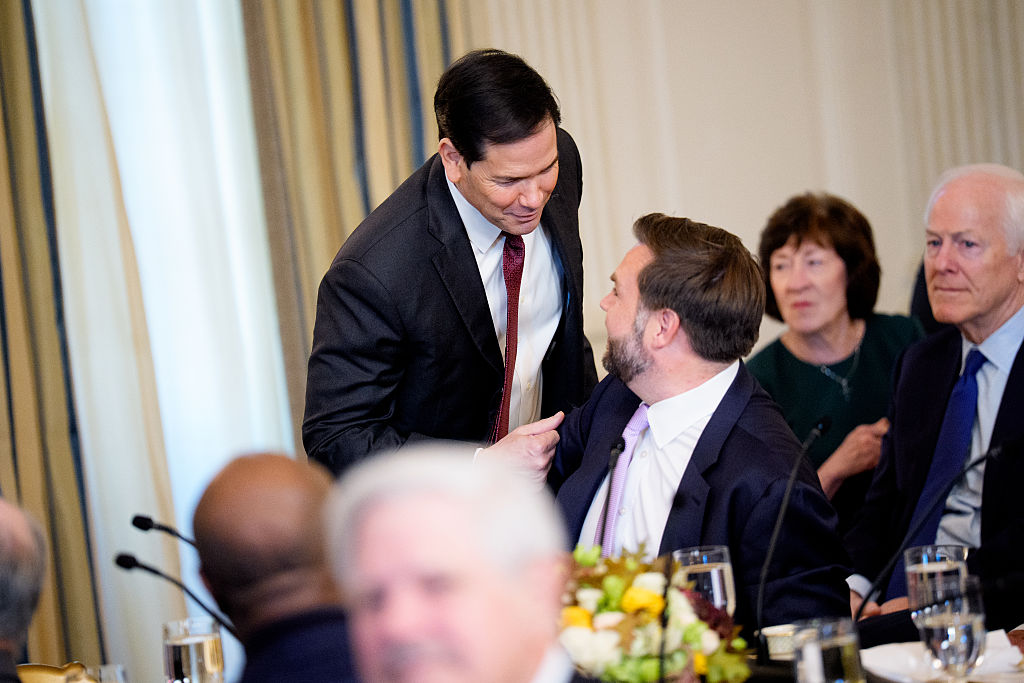The months-long ceasefire and hostage release negotiations between Israel and Hamas have been the diplomatic equivalent of Groundhog Day. And the US officials tasked with bringing those talks across the finish-line have contributed mightily to the very bad, never-ending movie we (not to mention the hostages’ families and the more than 2 million Palestinians in Gaza) have watched since President Biden rolled out his ceasefire plan in late May.
In the months since, Washington has committed verbal blunder after verbal blunder by getting over its skis and proclaiming progress where no progress exists. It appears the war in Gaza is so hopeless and depressing that US officials can’t help but sprinkle a little bit of optimism over the proceedings, even though the bottom-line positions of Israel and Hamas remain on the polar ends of the spectrum. Keeping the faith is one thing; substituting reality for your own emotional wellbeing is quite another.
The number of times the Biden administration has alleged near-imminent success or suggested the talks were moving toward a final agreement leads one to think we have a systemic problem on our hands. The list is long. On July 12, Biden tweeted that while Israel and Hamas had hard work ahead of them, both agreed on a framework deal. On July 19, secretary of state Antony Blinken told a security conference that ceasefire negotiations were “inside the ten-yard line.” About a month later, Biden again claimed “we are closer [to an agreement] than we’ve ever been.” US ambassador to the United Nations Linda Thomas-Greenfield picked up on that narrative during remarks to the UN Security Council last week — a successful outcome, she said, “is in sight.”
The Palestinians in Gaza are still waiting. As are the Israelis desperately hoping to get their loved ones out after eleven months in Hamas captivity. As are the mediators who continue to shuttle to Doha, Cairo and Jerusalem with papers in their hands, hoping against all hope that a consensus can eventually be reached. But the so-called “bridging proposal” submitted to Israel and Hamas earlier in the month doesn’t seem to be going anywhere. And civilians in Gaza are still dying — tens of thousands have been killed, with more than 90,000 additional injuries.
This isn’t to say there hasn’t been any movement at all since these talks commenced earlier in the year. Hamas, for instance, no longer demands an up-front Israeli commitment to end the war before it releases a tranche of hostages in the first stage of a deal. The Israeli negotiating team appears open to releasing some high-profile, hardcore Palestinian security prisoners if it greases the skids for a hostage release. Israel and Hamas are both supportive of reconstruction in Gaza, which is a cesspool of despair, disease, rubble and internally displaced people. The fact that the talks haven’t officially collapsed is a good sign, even if it’s the lowest bar that can be cleared.
Even so, watching from the outside, you don’t get much encouragement. Although Israel and Hamas have modified some of their initial demands, their core positions haven’t moved. The two are basking for totally different end-games. Israeli prime minister Benjamin Netanyahu is still fixated on his belief that eliminating Hamas militarily is within the Israeli military’s grasp and is thus reticent to accept any arrangement that leaves Hamas a viable force inside Gaza — even if he gets all the hostages back in the process. Hamas wants a permanent end to the war as soon as possible, not necessarily because they care about Palestinians in Gaza but because they want to save their own lives and ensure the movement lives on.
That’s the most basic issue hindering a deal — when, or even if, the war will end. Yet assuming Israel and Hamas can come to agreement on this, another more specific looms: will Israeli troops be able to maintain their positions along the Philadelphi and Netzarim corridors? The first is a nine-mile stretch hugging the Egypt-Gaza border and the second is an Israeli line that dissects Gaza into two halves. Again, Hamas wants all those troops to leave; Netanyahu, however, is insisting those forces stay to make sure that Hamas can’t reconstitute itself by moving its personnel around and smuggling weapons through the Egypt-Gaza border. Mediators have spent days trying to split the difference, proposing that Israel thin out its presence in Philadephi near populated areas. So far, that hasn’t satisfied Hamas.
The mediators are putting on a brave face throughout. And who knows, perhaps some creative interpretations and wordsmithing can get a deal done. But this is a dismally low prospect given everything we’ve seen since October. Either way, US officials should shut their mouths and stop selling us on imminent progress.


























Leave a Reply